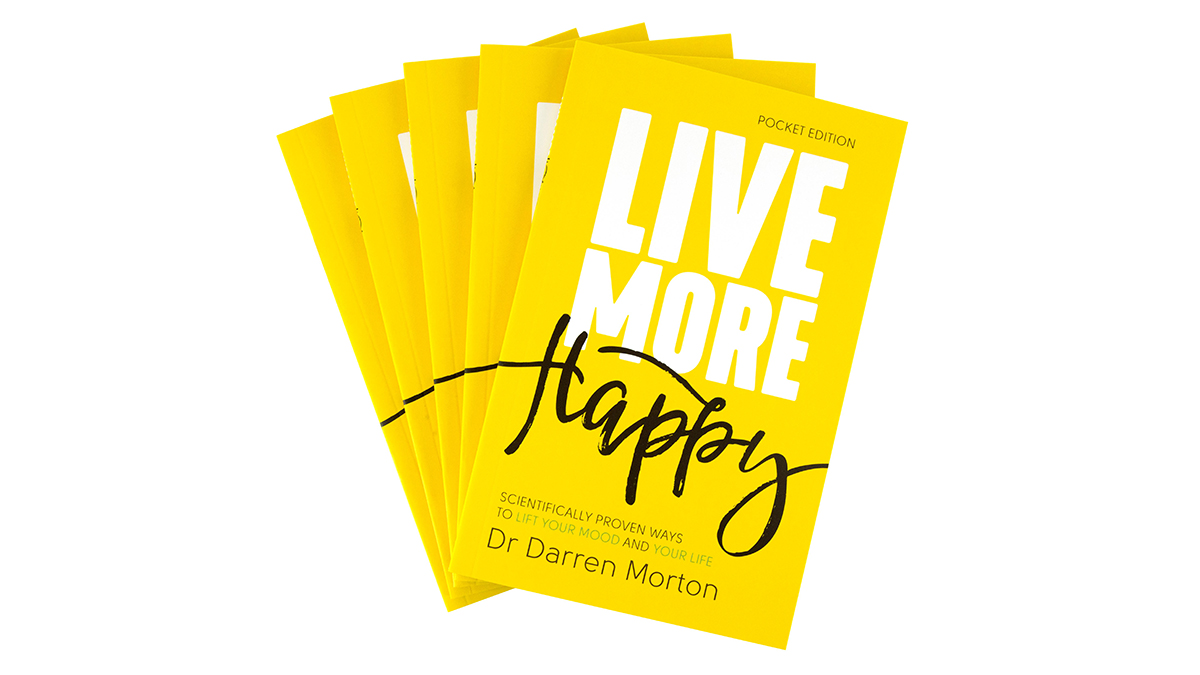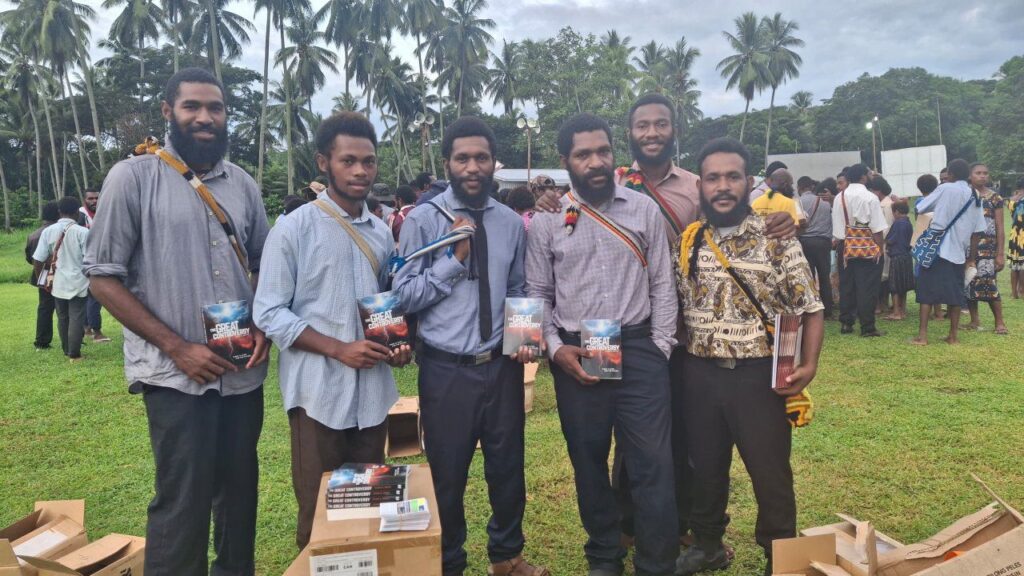A new pocket edition of Live More Happy offers opportunities to share its insights into emotional wellbeing with family and friends, as well as the wider community, at time when its message is “so needed”, according to author Dr Darren Morton.
“Recently we saw the appointment of Australia’s first deputy chief medical officer for mental health,” said Dr Morton, director of the Lifestyle Medicine & Health Research Centre at Avondale University College, speaking of the Australian government’s response to the mental health concerns amid the COVID-19 crisis. “Many people are struggling and this resource can give people practical strategies for maintaining and building their mental wellbeing.”
First published two years ago, Live More Happy brings together current scientific understandings in neuroscience, positive psychology and optimal lifestyle, which has been published in two previous editions, but has now been condensed into this smaller volume.
“I always love it when people tell me that they enjoyed and benefited from my book so much that they shared it with others,” said Dr Morton. “The pocket edition makes it so easy to do that.”
The coordinator for literature ministry at Adventist Media, Brenton Lowe, agrees that this new edition has arrived at an important time. “Amid the coronavirus crisis and social isolation, we are seeing increasing mental health concerns. The Live More Happy pocket book and the related brochures are great gifts to share,” he said.
The brochures are a series of three small samples of Live More Happy content—on the topics of stress, gratitude and service—that can be shared widely, with an invitation to purchase the larger book or access further resources for living well. The brochures are also available for sharing in electronic form.
According to Mr Lowe, tens of thousands of the pocket books and brochures have been pre-ordered by conferences in Australia and New Zealand, but are also available for purchase from Adventist bookstores in packs of five for personal distribution.
“Everyone loves to receive gifts,” said Dr Morton. “And giving a gift like this offers the opportunity to create connections. [It’s] an easy way to show someone you care.”






